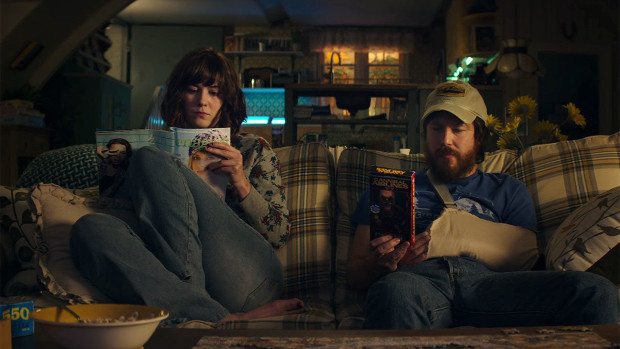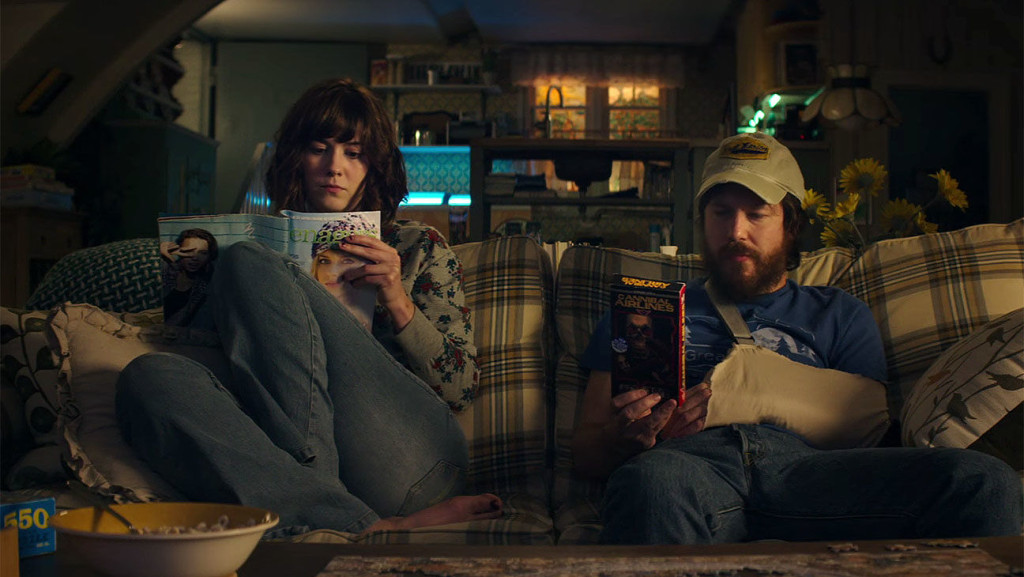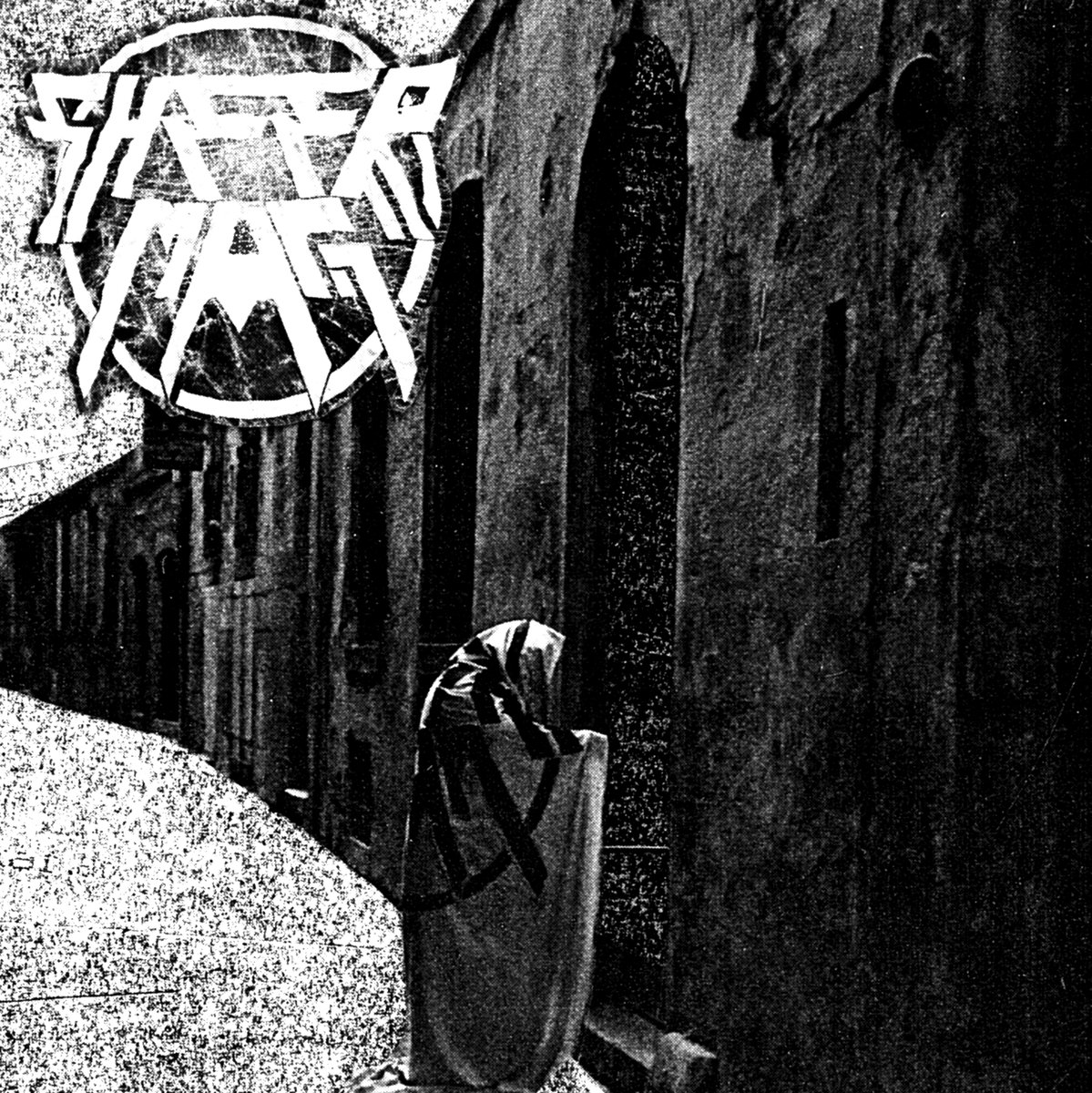Cloverfield’s monster, descended from the Japanese kaiju tradition, belonged to the skyline. 10 Cloverfield Lane, the accidental spiritual cousin/franchise cash-in to Matt Reeves and J. J. Abrams’ found footage original, takes us into the dirt. Several feet below Louisiana farmland surface, to be exact, to an air-tight doomsday bunker built and manned by an unstable conspiracy theorist named Howard (John Goodman) who, convinced the Ruskies or Martians or mutant space worms were coming, poured all his time into a cosy subterranean homestead. Unlike the rest of us sheeple, he alone would be prepared for when shit went down. It’s unnervingly domestic, feminine even, in its fittings: an antique table (coasters!), a cute yellow duckie shower curtain, VHS tapes and board games for entertainment, and enough tinned supplies to wait out the devastation above. The air above ground is toxic, but the atmosphere below isn’t much better.
10 Cloverfield Lane is a fishbowl abuse drama wrapped in a Twilight Zone sci-fi scenario. Howard, a domineering ex-Navy man, is the controlling patriarch at the head of the de facto family, filled out by Emmett (John Gallagher Jr), a local low-horizons type who helped build the place, and Michelle (Mary Elizabeth Winstead), an unwilling shelter recruit patronised and infantilized by the self-appointed foreman. While fleeing her home and relationship, Michelle’s car was hit and flipped off the road. She awakes to find herself in one of Howard’s bare cells, hooked up to an IV drip and chained to the wall. He tells her he saved her life, finding her unconscious after the accident, giving her a story about an “attack”, possibly chemical, possibly extraterrestial, that has poisoned the world above. Everyone she knew is dead, but he saved her. So she should eat her eggs and show a bit of gratitude.
Among a trio of very good performances, Goodman’s pretty much nails the domestic abuser personality. Howard isn’t a straight-up domestic despot – he has a rumpled, pathetic quality – but he’s volatile and distant, insists that his ‘children’ behave themselves, and speaks for Michelle when she hasn’t asked him to. He has that familiar self-pitying obsession with being unappreciated, rationalising his insistence on control as a form of charitable protection. There are layers of menace here that Dan Trachtenberg, directing his first feature, only partly teases out.
To be fair, the script, from Josh Campbell and Matt Stuecken, with post-Abrams help from Whiplash‘s Damien Chazelle, moves quickly with its hostage thriller beats, throw-away details laying the groundwork for Michelle’s escape plan with satisfying economy. Winstead, a continually excellent and under-used actor, pitches Michelle as a vulnerable badass, who proves to be a smart, tough hero, overcoming obstacles both internal and external. The tone-shift finale – clearly grafted on by the Bad Robot crew to connect with Cloverfield mythology – will alienate some audiences, but still makes sense within the stakes of Michelle’s story, fulfilling the film’s insistence on victim agency and responsibility that allies it with the feminine rebellion of last year’s Ex Machina, Room and Mad Max: Fury Road. Winstead, decked out in bio-hazard gear and ready to face all kinds of hostility, is a heroine we can believe in. Conor Smyth






